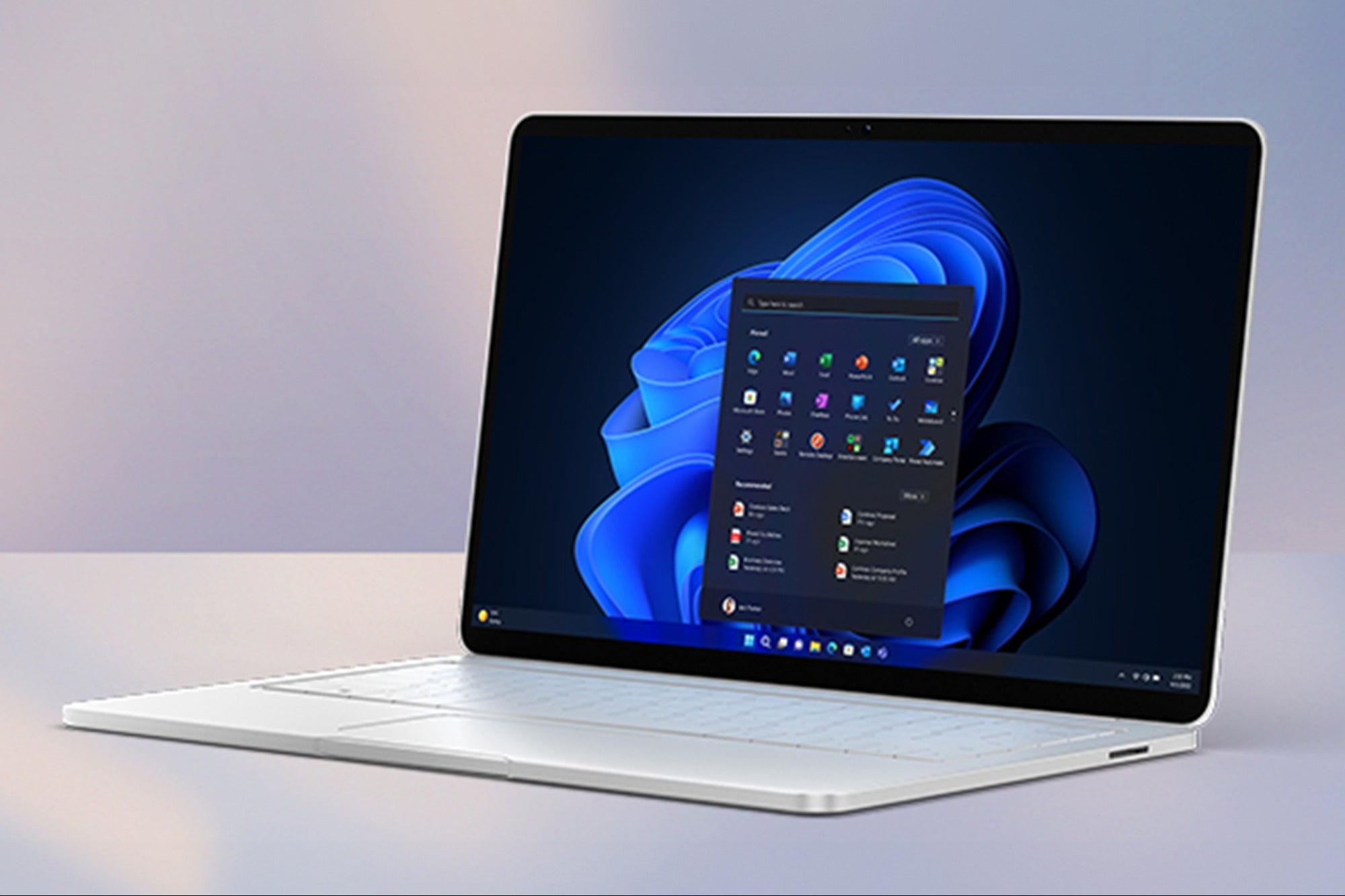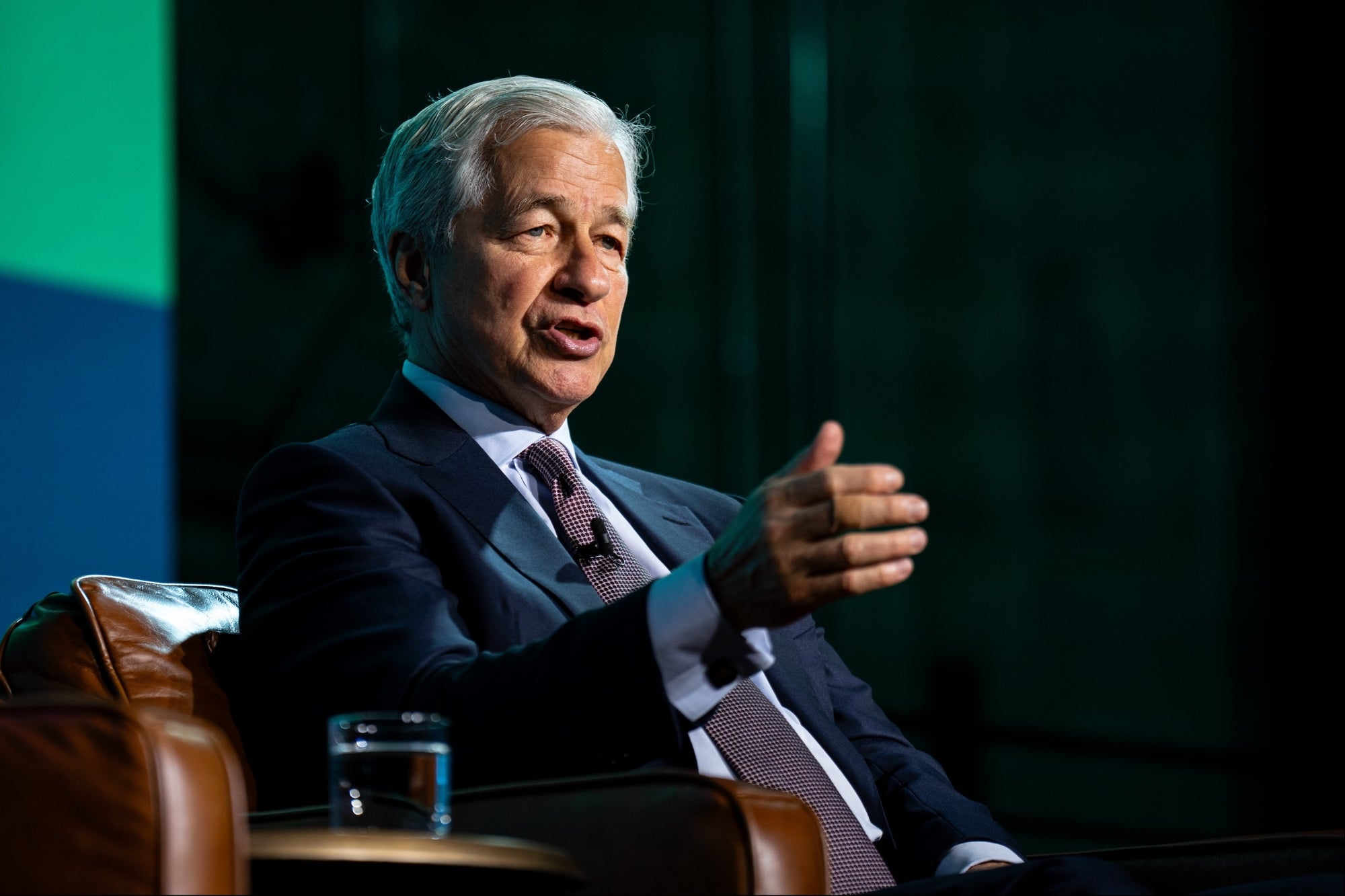The Triple Bottom Line Goal of Sustainable Businesses A profitable startup that can make the world a better place? It's a win-win.
By Grant Davis
Ask 10 people to describe a sustainable business, and you'll get a variety of answers. A banker or shareholder would call it an established business with regular, uninterrupted profits. A college student may point to a company's commitment to zero out its environmental impact. According to Karen Martinsen Fleming, director of Green Mountain College's sustainable business MBA program in Vermont, both are correct. She would also add "people" to the definition to create what's known as running a business with a triple bottom line (TBL).
Specifically, TBL refers to "profit, planet, people," and it's a term often connected to companies that are actively engaged in eco-friendly policies or community outreach (think Toms shoes). And it usually gets a bad rap from the business community.
"A banker or investor might feel that a startup's good intentions are incompatible with success or [are] going to hurt profitability," Fleming says. "But there's enough evidence now that operating a company with an altruistic bent offers considerable strategic advantages, the kind that don't always show up instantly on the books."
When a startup inserts TBL principles into its mission--and makes that mission widely known--Fleming says what it's doing will matter to a niche in the market, whether it's eco-friendly practices or a commitment to support and give back to the community. Ideally, that niche could sustain a new business through those lean first years until it reaches a bigger audience and scale.
To illustrate the people side of TBL, Fleming points to Ted Castle's Burlington, Vt.-based Rhino Foods, maker of the cookie dough for Ben & Jerry's ice cream. "Rhino makes a point of hiring recent legal immigrants to work in the plant to help get them established in their new country," she says. "But these people were having trouble getting to work on time, or at all, and it was affecting the company's bottom line. Their cars would break down, or they didn't have a reliable ride to the plant. After looking into the issue, Castle discovered that his employees had no credit--they couldn't take out a loan or get a credit card to help pay for a car or repairs or sign a lease on a home closer to the plant. So he went to his bank and guaranteed a $1,000 line of credit for every employee."
With that, Castle established Rhino's Income Advance Program, designed to help staff deal with financial hardships or emergencies that arise--no questions asked. "Two hundred employees took him up on it, and no one's ever defaulted. Now he has an incredibly loyal work force that shows up on time," Fleming says.
And the best part, she adds: "It didn't cost him a penny."
Successful case studies aside, effectively implementing TBL into a startup's mission is not easy. "It's so complex," Fleming says. "Unfortunately there's no cookie-cutter approach to making it work, not even within the same industry or product market. Each company has to figure out what works for them on a trial-and-error basis."
However, there is a silver lining to this unknown, and that's the quality of the employees inside many TBL companies; they are resources an owner can tap to determine what the company's mission should be. "Generation Y and X, in particular, are very motivated to work for a bigger mission than simple profits," Fleming says, adding that companies that follow sustainable business practices "tend to attract the highest-quality candidates, who then turn into passionate employees who share the business owner's drive to see the company grow."
For the members of 1% for the Planet, an organization of TBL-minded companies that turn over 1 percent of their sales to environmental organizations, the practice pays off. From 2009 to 2011, member companies' revenue grew by more than 20 percent, beating the less than 2 percent growth of the U.S. GDP.
Or put it this way: The good guys are winning.











